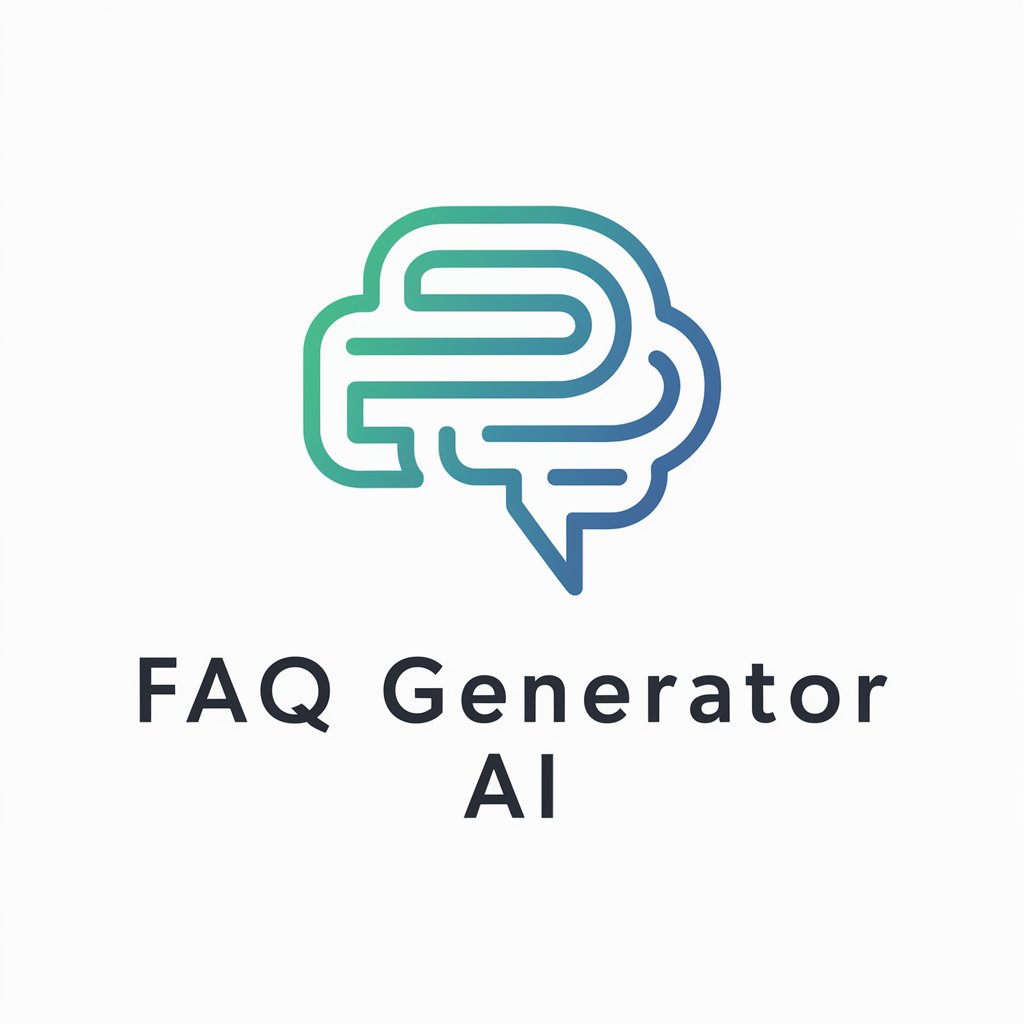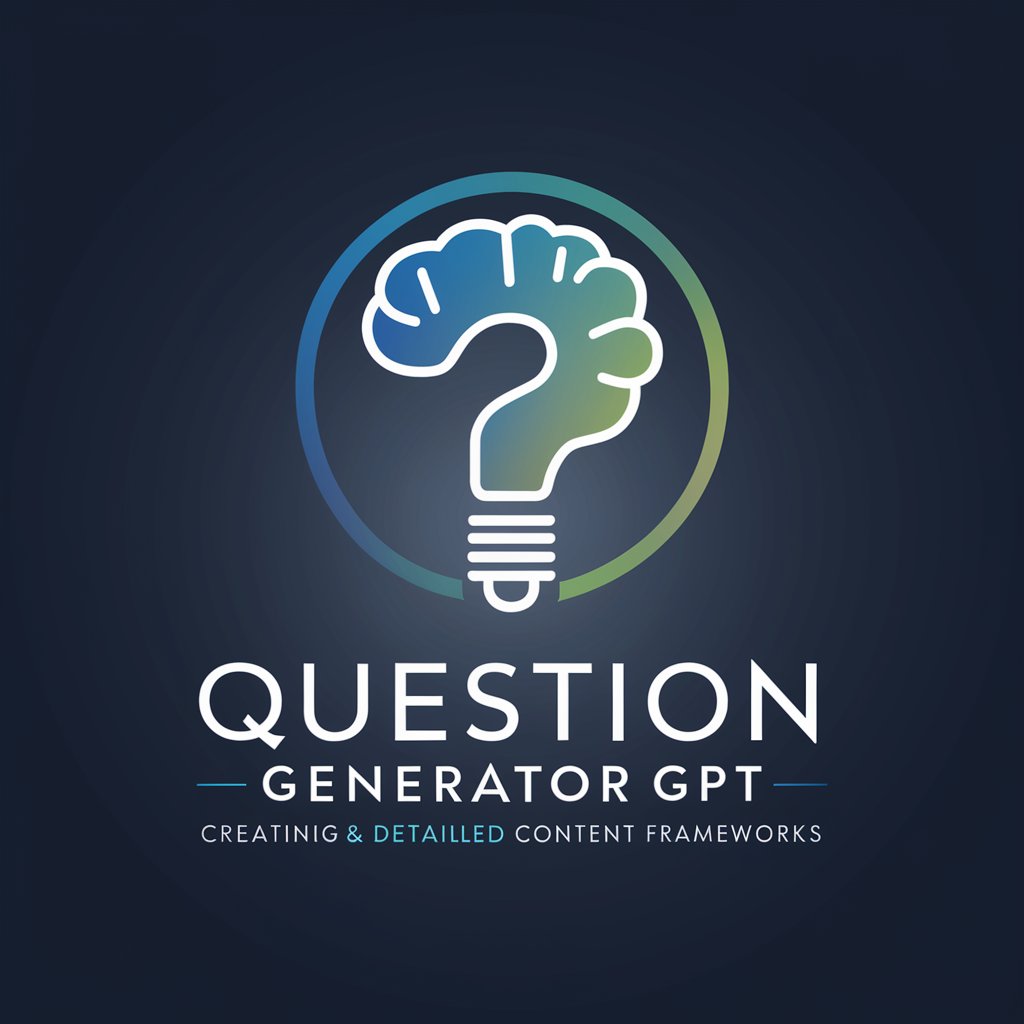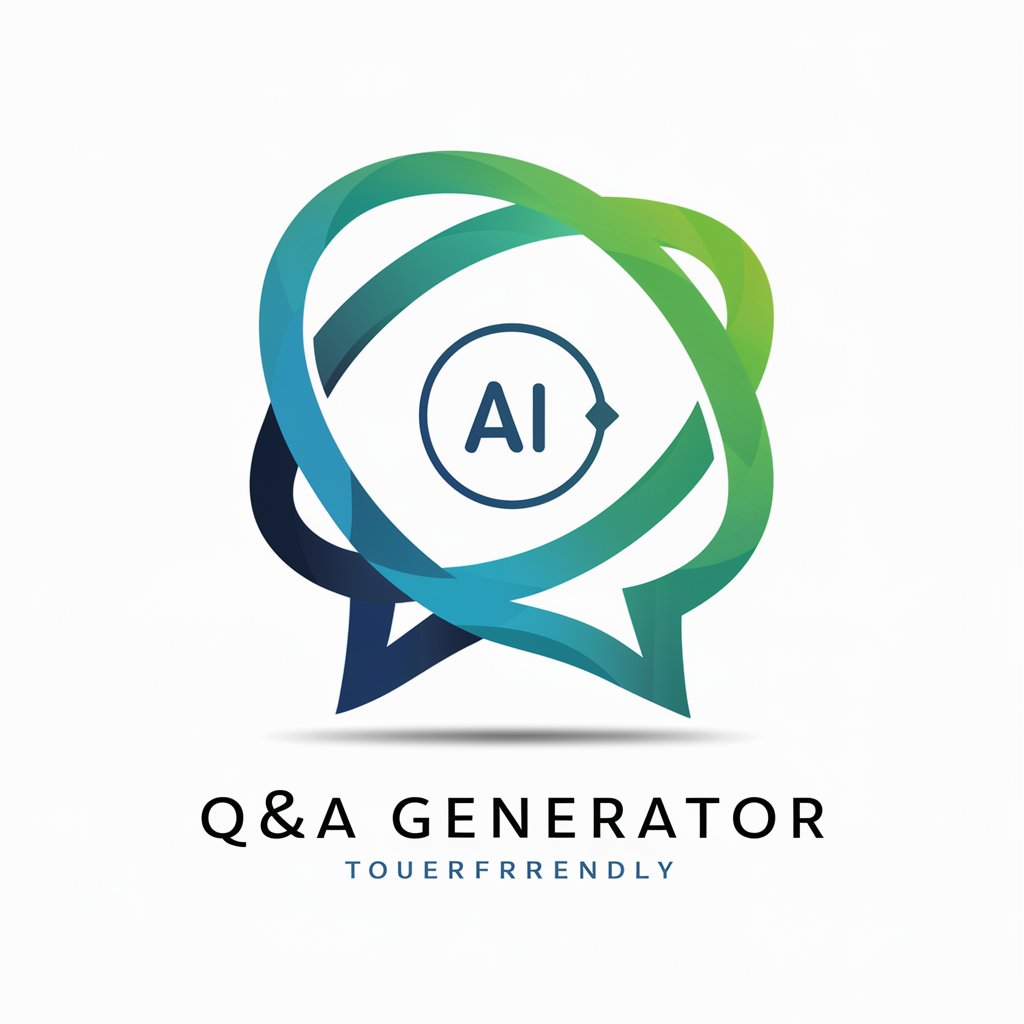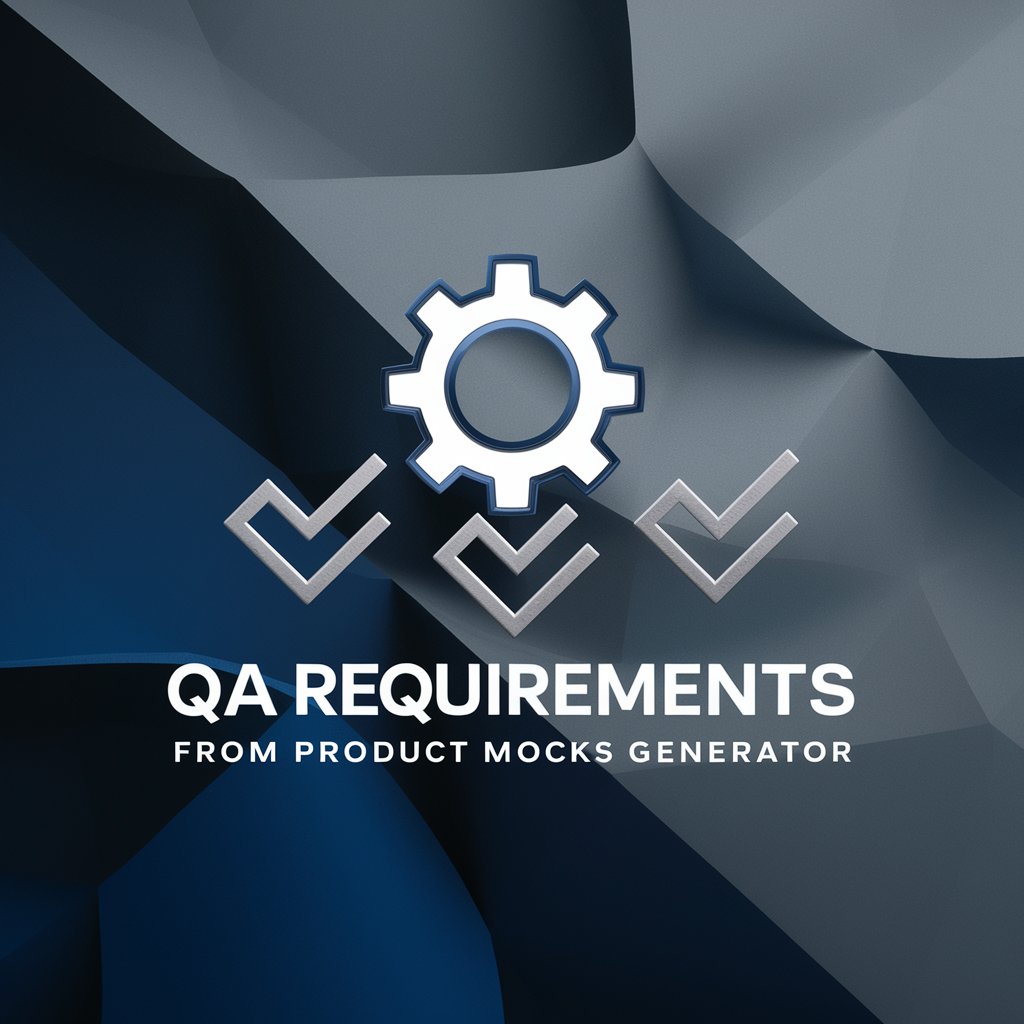
Short QA Generator - AI Assessment Tool

Hello! Let's create a precise and effective short answer test question.
AI-Powered Testing Simplified
Define the DOMAIN, SKILL, and AUDIENCE for your test.
What specific aspect of the SKILL would you like to assess?
Please provide the COGNITIVE LEVEL for the assessment question.
Do you have any specific PERFORMANCE LEVELS or DESCRIPTORS in mind for the target audience?
Get Embed Code
Introduction to Short QA Generator
Short QA Generator is an AI-based tool designed to create authentic short-answer assessments in a specified domain. With expertise in designing questions across various domains and audiences, it aims to streamline the assessment creation process while ensuring questions are concise, targeted, and rooted in real-world scenarios. By engaging users in cognitive skills such as application and analysis, Short QA Generator ensures meaningful assessment outcomes. For instance, in a medical context, the tool can generate a question like 'Describe the process of diagnosing Type 2 Diabetes based on common symptoms and laboratory results,' which requires a succinct yet comprehensive response. Powered by ChatGPT-4o。

Main Functions of Short QA Generator
Custom Question Generation
Example
Generate domain-specific questions tailored for audiences ranging from students to industry professionals.
Scenario
In an educational setting, it can create short-answer questions for a history teacher aiming to assess students' understanding of the Cold War era. For example, 'Explain the significance of the Cuban Missile Crisis in shaping U.S.-Soviet relations during the Cold War.'
Rubric Creation
Example
Design comprehensive scoring rubrics to accompany each question, ensuring objective and consistent grading.
Scenario
A software engineering instructor might require a rubric for a question like 'Identify and explain two key principles of Agile development.' The rubric will specify scoring levels like 'Correct,' 'Partially Correct,' and 'Incorrect,' offering clarity in evaluation.
Skill-Based Assessment
Example
Evaluate different cognitive skills such as application, analysis, and synthesis through targeted questions.
Scenario
For a business management training program, it might generate a question like 'Analyze the impact of organizational culture on employee productivity, citing specific management theories.' This assesses the analytical skill level of participants.
Performance Level Descriptors
Example
Incorporate performance level descriptors to cater to different proficiency levels, ensuring fair assessment.
Scenario
In language proficiency testing, a question like 'Summarize the main argument of a given passage' can have descriptors ranging from 'Beginning' to 'Accomplished,' guiding assessors in scoring responses.
Real-World Scenario-Based Questions
Example
Create questions rooted in practical, real-world scenarios to increase relevance and engagement.
Scenario
For nursing students, a question like 'Describe the steps for managing a patient with hypertensive crisis in an emergency room setting' involves applying theoretical knowledge to practical situations.
Ideal Users of Short QA Generator
Educators
Teachers, professors, and instructors across various subjects benefit from creating concise yet comprehensive assessments to gauge student understanding. They can tailor questions to different cognitive levels and performance descriptors.
Corporate Trainers
Trainers in business settings utilize it to assess the skill progression of employees in training programs. Questions can be adapted to measure practical application in areas like project management and customer service.
Certification Bodies
Organizations that issue professional certifications rely on Short QA Generator to create scenario-based questions that accurately reflect real-world tasks, ensuring candidates are well-prepared for industry demands.
Educational Content Developers
Publishers and developers of educational content use the tool to generate high-quality assessment items that can be integrated into textbooks, online courses, and exam prep materials.
Standardized Test Developers
Those developing standardized exams leverage the Short QA Generator to produce consistent, valid questions for large-scale assessments in subjects like mathematics, science, and language.

How to Use Short QA Generator
1
Access yeschat.ai to try the Short QA Generator for free without needing to log in or subscribe to ChatGPT Plus.
2
Select the specific domain of knowledge you want to assess, ensuring you define the skill, target audience, and cognitive level required for your questions.
3
Input your desired parameters and use the interactive tool to generate customized short answer questions and scoring rubrics.
4
Review the generated questions and rubrics, modify them if necessary to better align with your assessment goals.
5
Use these questions in your assessments, tests, or training materials to evaluate understanding or train machine learning models effectively.
Try other advanced and practical GPTs
のPixar Short Stories
Craft Your Stories with AI Power

DeepL 2.0
Translate Naturally with AI Power
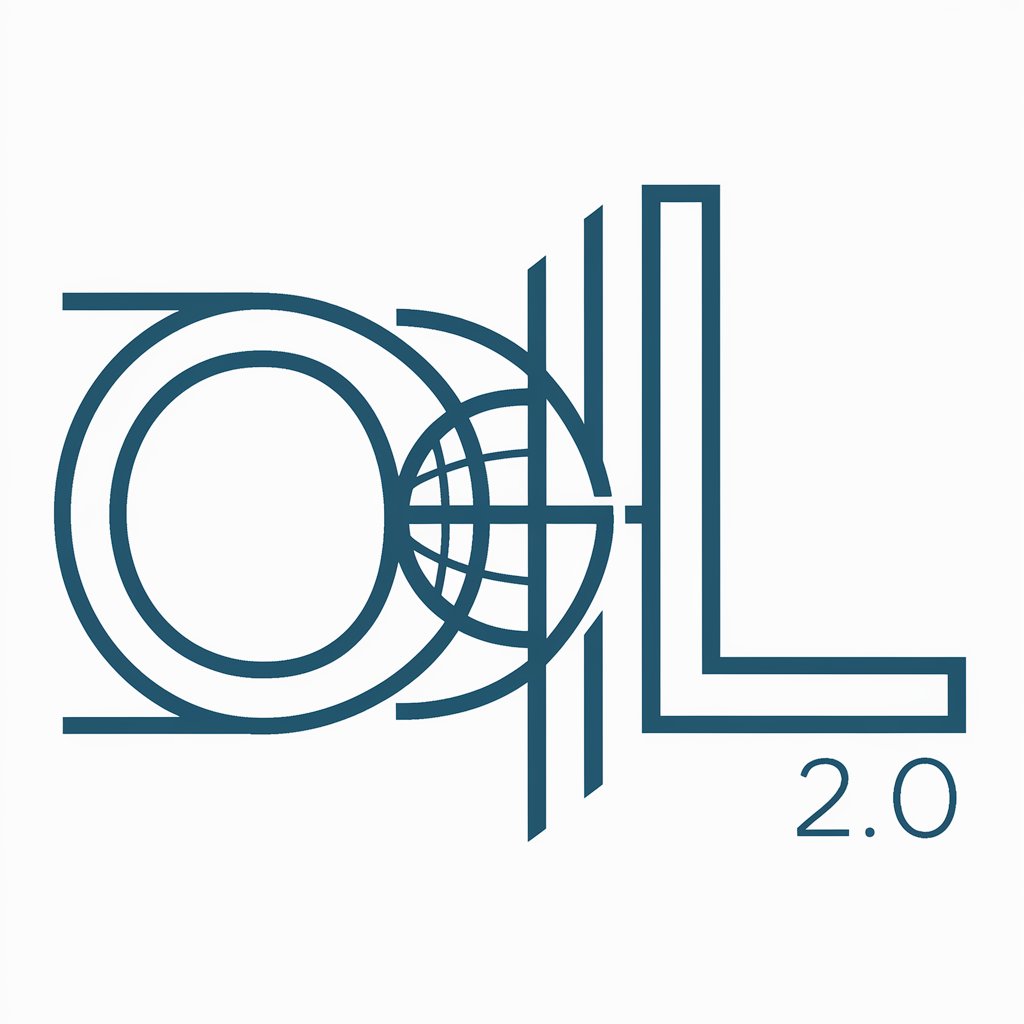
Dr. GPT, MD
Empowering medical knowledge with AI

阅读助手
Uncover Insights with AI-Powered Analysis
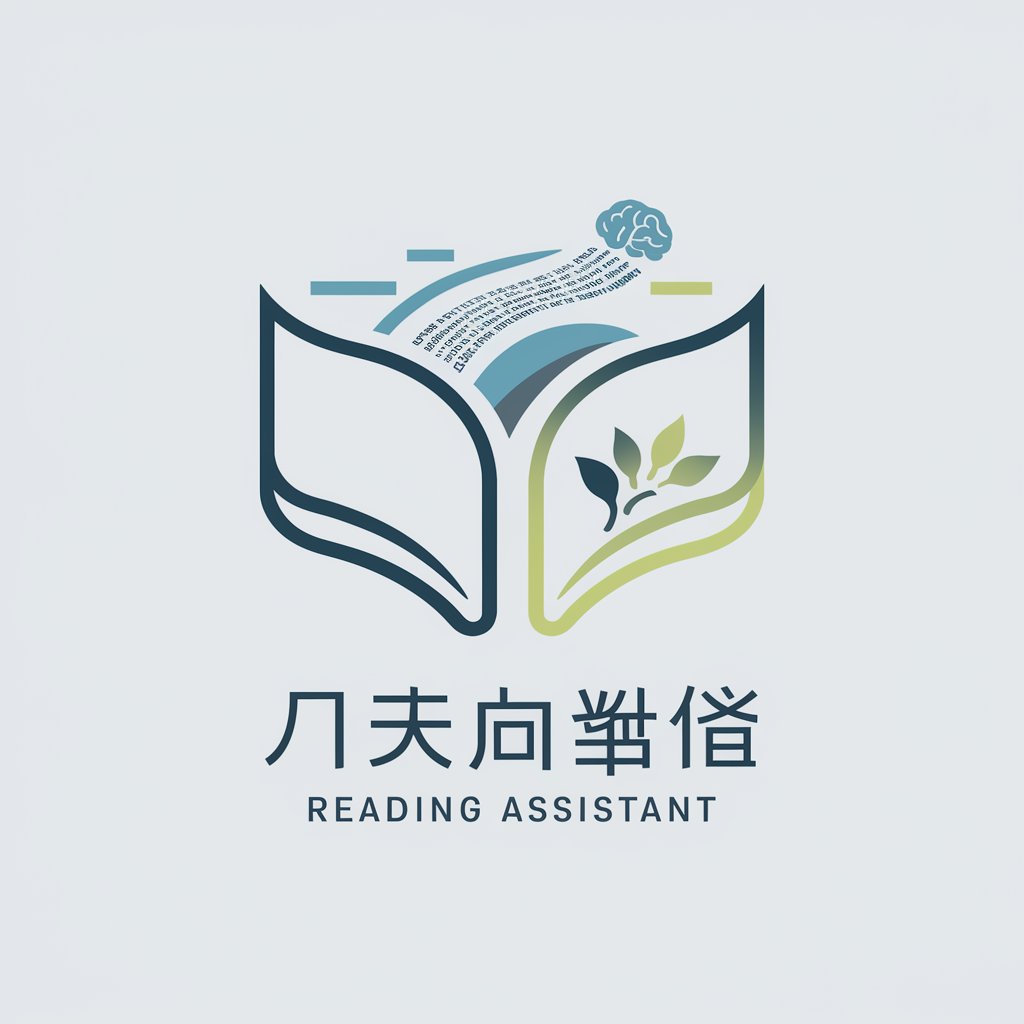
脑子超好用的挑错专家
Sharpen Your Arguments with AI
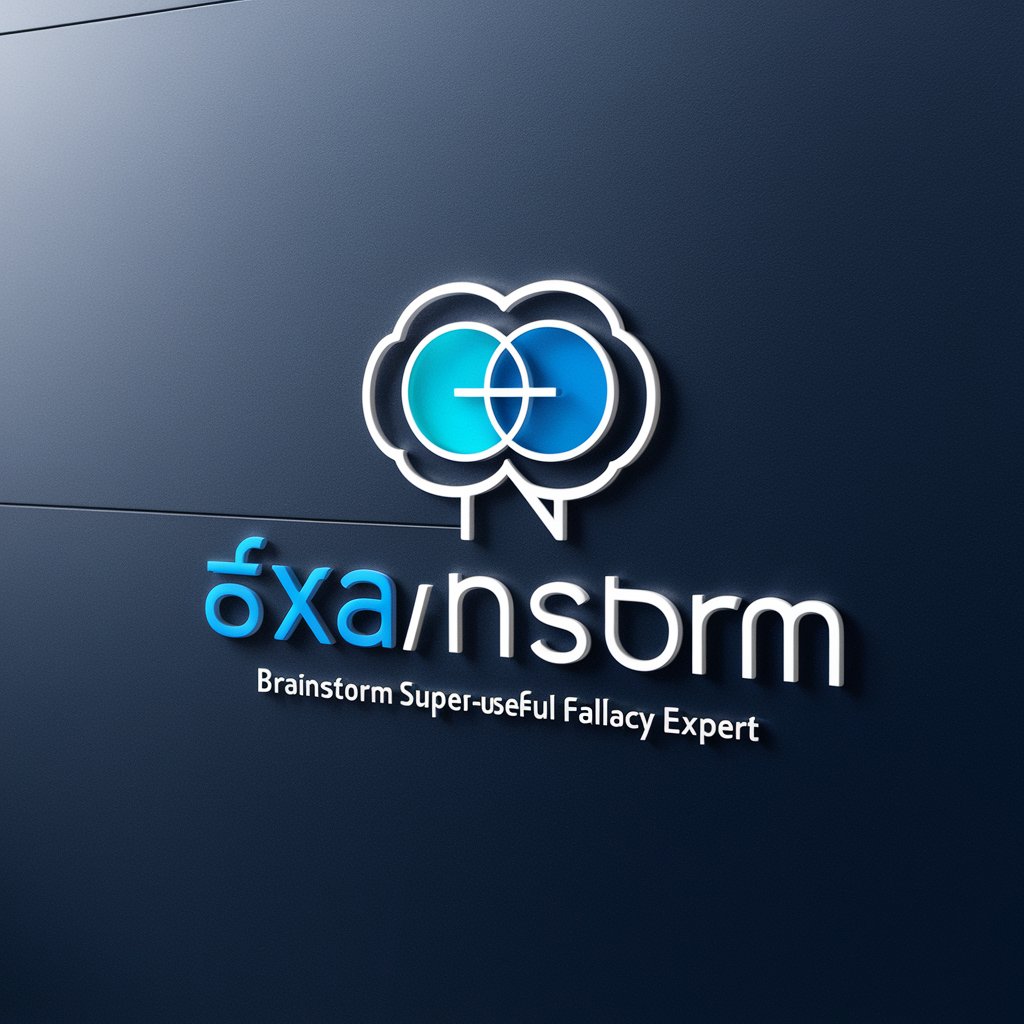
Generador Zettelkasten Markdown
Streamline Documentation with AI
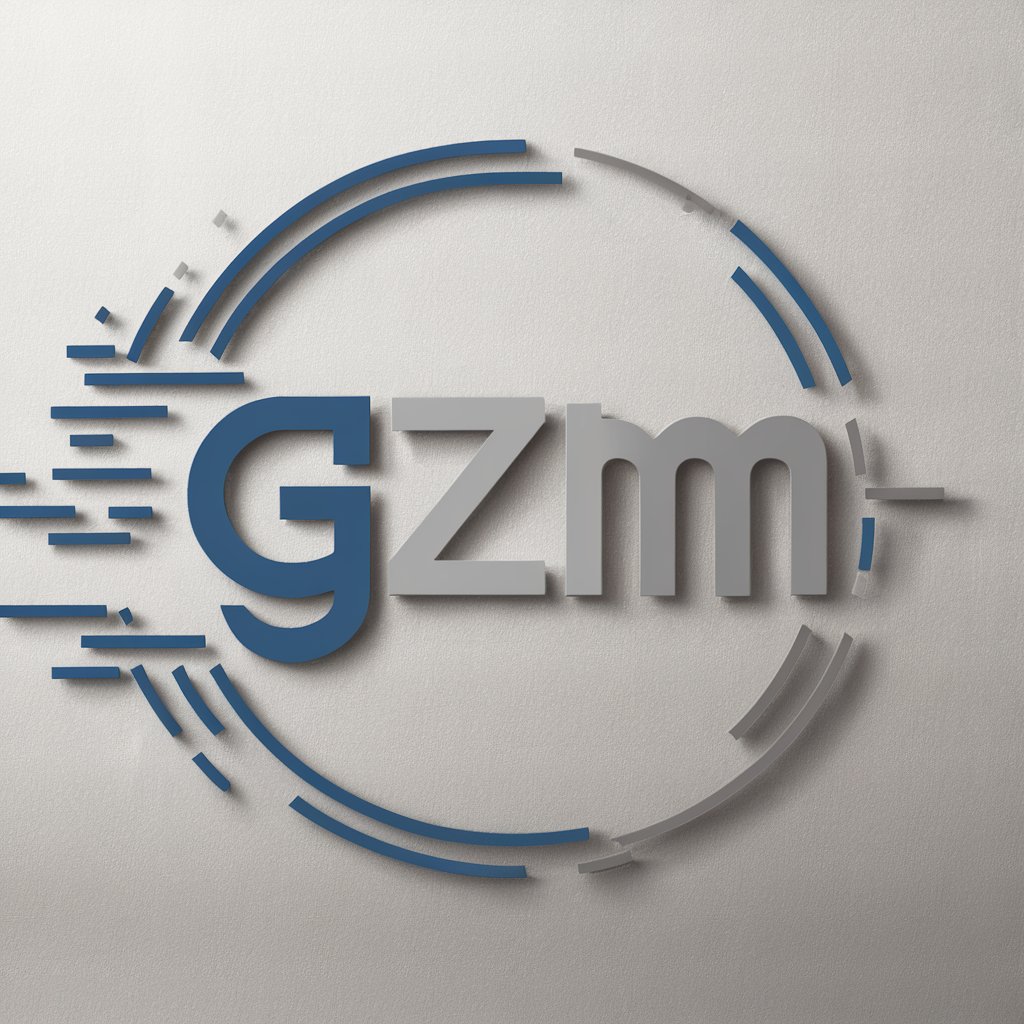
Christopher: The Cloud Computing Instructor
Empowering your cloud journey with AI

日常GPTS使用助手
Your AI assistant for everyday use.

Gemini Prompt Generator
Crafting Smart Prompts, Seamlessly

Automotive Service Excellence Assistant
Your AI-powered automotive expertise tool.

Text to Wiki style
Transform Text with AI to Wiki-Style
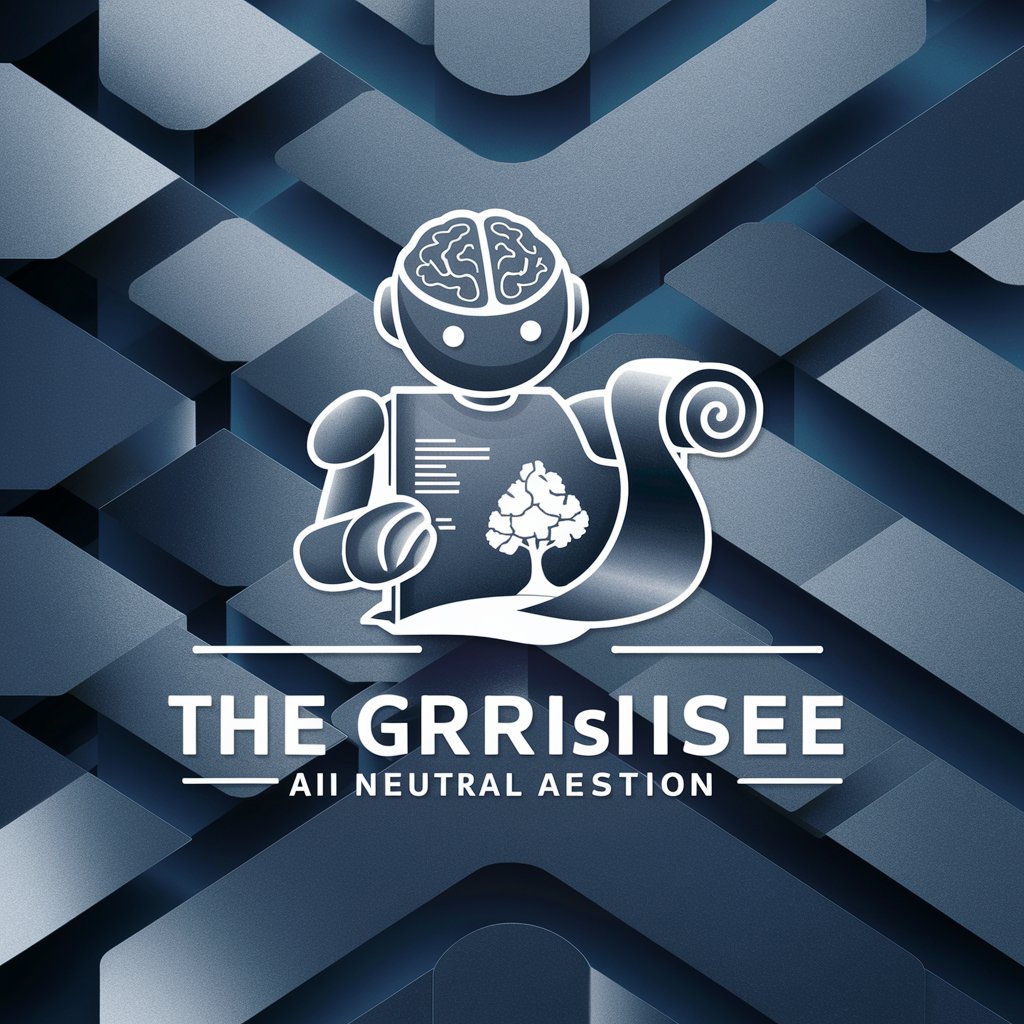
Code to Document
Automate Documentation with AI
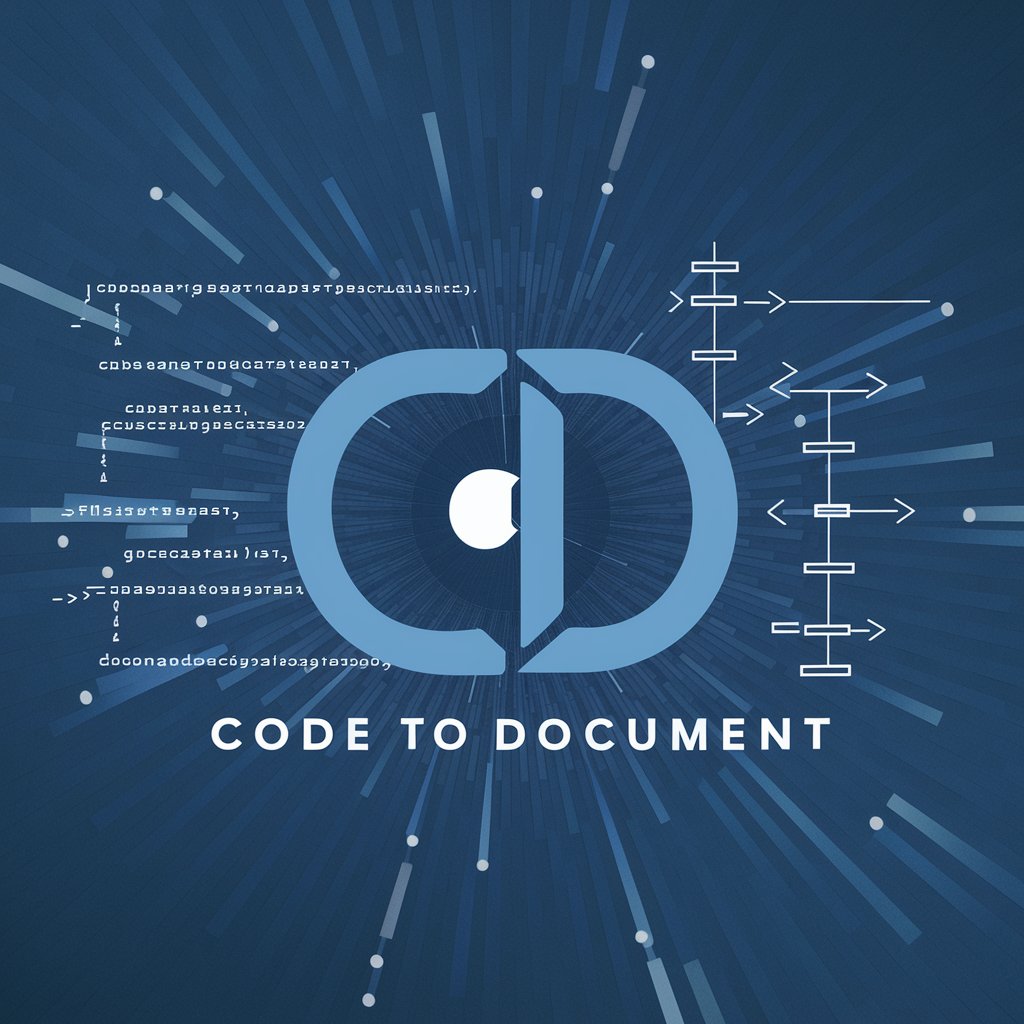
Detailed Q&A about Short QA Generator
What exactly does Short QA Generator do?
Short QA Generator creates customized short-answer test questions and scoring rubrics based on specific input parameters such as domain, skill, audience, and cognitive level.
Can Short QA Generator be used for professional training?
Yes, it is ideal for designing assessments in professional training environments, allowing trainers to assess specific skills and knowledge pertinent to job functions.
What makes Short QA Generator stand out from other AI tools?
Its ability to tailor questions to very specific assessment needs and its focus on generating rubrics that precisely align with the cognitive levels of the test takers make it unique.
Is there a limit to the number of questions I can generate with Short QA Generator?
There is no limit to the number of questions you can generate; it's designed to support both large-scale assessments and individual testing needs.
How accurate are the rubrics provided by Short QA Generator?
The rubrics are generated based on industry-standard criteria and are designed to be as objective and accurate as possible, reflecting current best practices in educational assessment.
